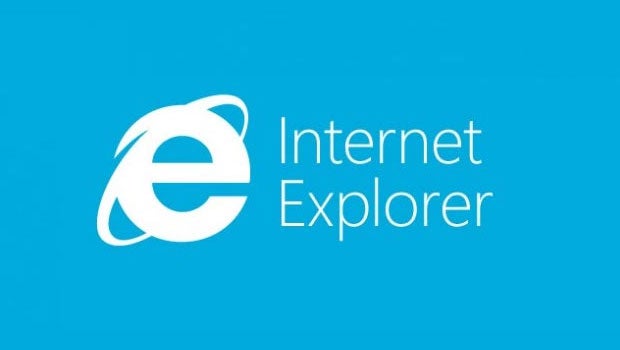Microsoft no longer forced to advertise Chrome or Firefox

Microsoft is finally free to stop advertising third-party browsers after an EU ruling stating otherwise expired.
Five years ago, the European Commission declared that Microsoft would need to offer a ‘Browser Choice’ window to new Windows users.
The decision to offer the choice was to prevent Microsoft from monopolising the browser space by bundling Internet Explorer with copies of Windows.
This means that alongside the obvious offering of Microsoft’s own Internet Explorer, the Redmond-based firm was also forced to suggest alternatives.
This means that options like Mozilla Firefox, Google Chrome, and Opera all bagged a cheeky push to Windows users, much to Microsoft’s chagrin.
Fortunately for Microsoft however, the ruling has fallen foul of its five-year lifespan, giving the firm the all-clear to update its software to remove the browser option window.
And so it has done – Microsoft has just sent live an update that sets the ‘Browser Choice’ window value to 0 a.k.a ‘do not display the Browser Choice update’.
Related: Windows 10: What does it do, and when will we get it?
Microsoft made the announcement via a support article, writing: “Microsoft provided the Browser Choice update in accordance with a decision issued by the European Commission in December 2009.”
It continued: “The obligations imposed by that decision have expired and as a result
Such a thorn was this obligation in Microsoft’s heel that the firm actually suffered a $732 million fine last year for breaking it.
Microsoft did however pin the blame on ‘technical’ failings, but the fine was imposed regardless of the excuse.


